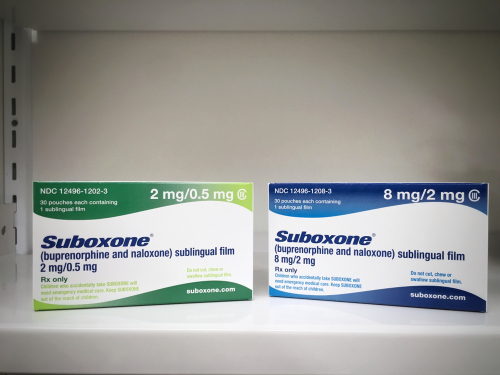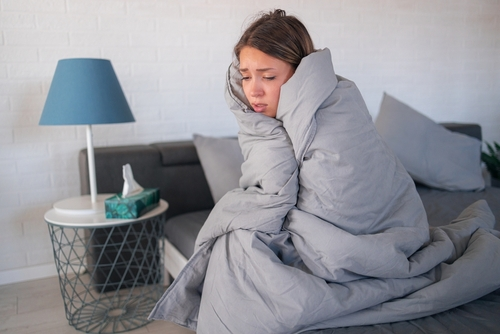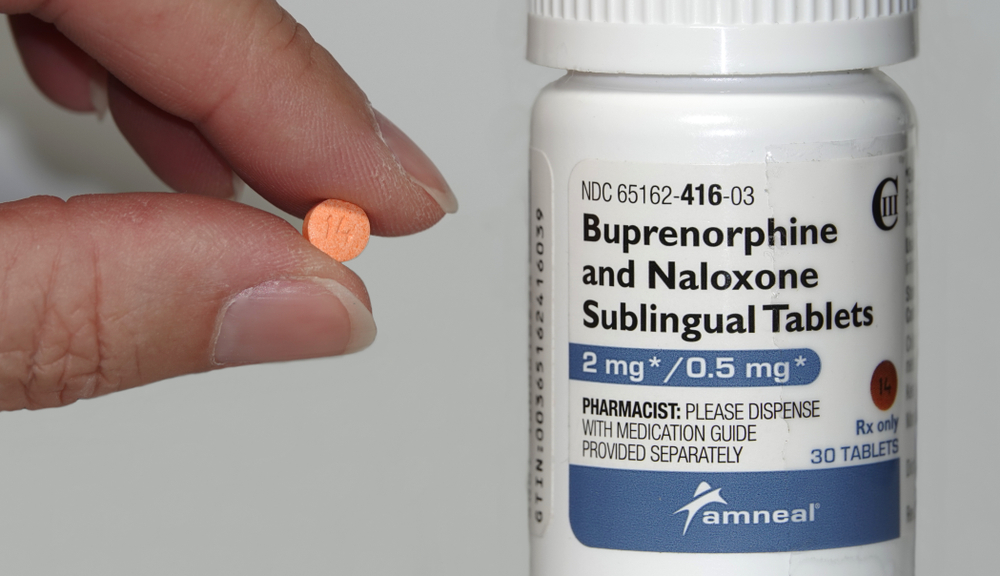Over 2.5 million Americans struggle with opioid addiction. Suboxone was approved to treat this in 2002. Buprenorphine, its main ingredient, is a partial opioid that stays in your system for 24-72 hours. Although it does induce a mild high, this plateaus at higher doses.
The naloxone in Suboxone deters abuse. However, some still misuse it by injecting or snorting the drug to override the naloxone. When taken properly, Suboxone produces a subtle euphoria and eliminates withdrawal symptoms and cravings without an intense high.
The effects you feel depend on your opioid tolerance and Suboxone dose. Most describe it as a light buzz, mood lift, or warm feeling. But the high may be more pronounced if you have no tolerance. The risks of overdose or dangerous side effects still exist, especially if combined with other drugs or alcohol.
So, while Suboxone isn’t meant to make you high, its opioid nature makes some euphoria possible. But when used responsibly under medical guidance, its benefits for treating addiction far outweigh this. The key is using it properly and as prescribed.

How Does Suboxone Work?
Suboxone contains buprenorphine, an opioid medication, and naloxone, an opioid antagonist. When taken as prescribed under the tongue, the buprenorphine acts as a partial opioid agonist, activating the same receptors that other opioids like heroin or oxycodone do. This helps reduce cravings and withdrawal symptoms.
The naloxone typically remains dormant when Suboxone is taken properly. However, if the medication is injected or snorted, the naloxone blocks the opioid receptors and can induce withdrawal. This deters abuse.
Some people report feeling euphoric from Suboxone, though generally less intensely than with other opioids. The effects may last longer, though. The buprenorphine still floods the brain with dopamine, creating a high. On the street, Suboxone may be misused between doses of shorter-acting opioids to avoid withdrawal or cravings rather than to get high.
While Suboxone can be effective for medically supervised opioid addiction treatment, it does have the potential for misuse and abuse.
When taken as prescribed, the opioid effects are limited, and the risk of overdose or dangerous side effects is lower than with full opioid agonists. Naloxone also acts as an abuse deterrent. With close monitoring and counseling, Suboxone can be useful for overcoming opioid addiction.
Read more: What To Expect When Detoxing From Heroin

Can Suboxone Get You High?
Suboxone contains buprenorphine, an opioid partial agonist, activating opioid receptors in the brain that control pain and emotions. However, buprenorphine does not fully activate these receptors like heroin or oxycodone. So, while Suboxone can produce opioid effects and a buzz in those taking it recreationally without a prescription, the high tends to be milder.
Suboxone may cause euphoria, sedation, pain relief, and tranquility, especially when taken in high doses or snorted or injected.
The risks of abusing Suboxone are the same as any other opioid, including overdose, addiction, and withdrawal.
Due to buprenorphine’s ceiling effect, the risk of respiratory depression and overdose is lower than with full opioid agonists like heroin. However, it can still be dangerous, especially if combined with alcohol, benzodiazepines, or other depressants.
While Suboxone is less likely to produce an intense high than other opioids, it can still be abused and lead to addiction. The safest way is to take Suboxone as prescribed under a doctor’s care.
Read more: What is Oxycodone Anxiety?
The Dangers of Abusing Suboxone
Suboxone can be dangerous if abused. While Suboxone is designed to treat opioid addiction under medical supervision, many people obtain and abuse it illegally to achieve a high similar to other opioids. Taking Suboxone without a prescription or in higher doses than prescribed is extremely dangerous and can lead to overdose or death.
The buprenorphine in Suboxone is an opioid, so overdosing on it can slow your breathing and heart rate. Combining Suboxone with other drugs like benzodiazepines or alcohol increases the risk of fatal overdose.
Long-term abuse of Suboxone can lead to addiction, as well as damage to your physical and mental health. Withdrawal symptoms from Suboxone are also very unpleasant and can include nausea, vomiting, muscle aches, and insomnia.
The best way to avoid these dangers is to only take Suboxone under the supervision of a doctor and as prescribed. Abusing this medication can have devastating consequences, so seek help from medical professionals if needed.

Suboxone Withdrawal Symptoms
Some signs of Suboxone withdrawal include:
- Sweating more than usual
- Loss of appetite or changes in eating habits
- Feeling unusually warm or feverish
- Goosebumps on your arms, legs, hands or feet
- Runny nose or watery eyes
- Physical and mental changes
Feeling very tired or lacking energy - Hot flashes followed by chills
- Rapid heart rate which can be dangerous
- Feeling anxious, fearful, or panicked
- Pupils larger than usual
- Excessive yawning
Contact MD Home Detox
Suboxone treatment can be life-changing, but recovery isn’t always easy. If you’re struggling with addiction and want help, the time is now. Reach out to MD Home Detox for help right away. Speaking with a detox specialist is the first step towards getting clean and staying sober.
They can walk you through your treatment options, help determine what will work best based on your unique situation, and get you started immediately. You don’t have to go through this alone. Some people want to help you, so don’t hesitate to ask for it. Your recovery is worth it.

